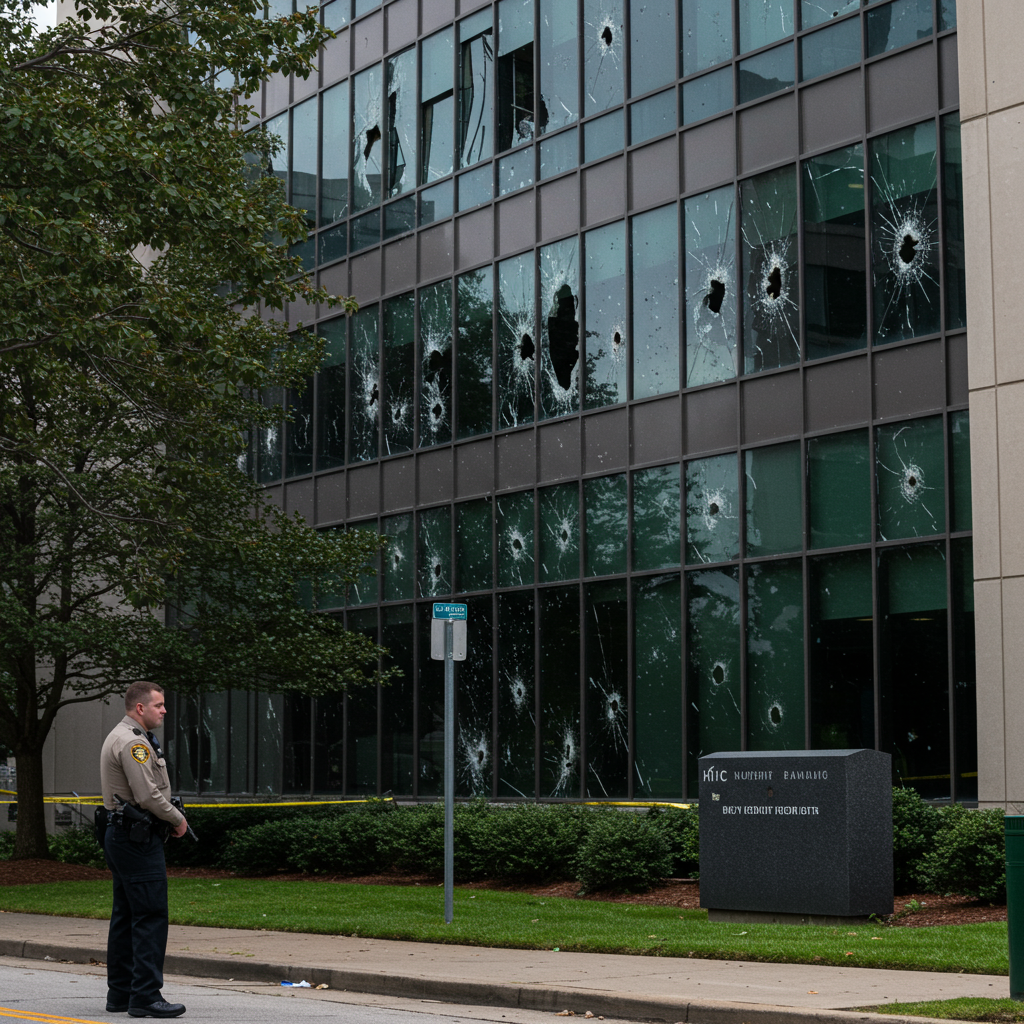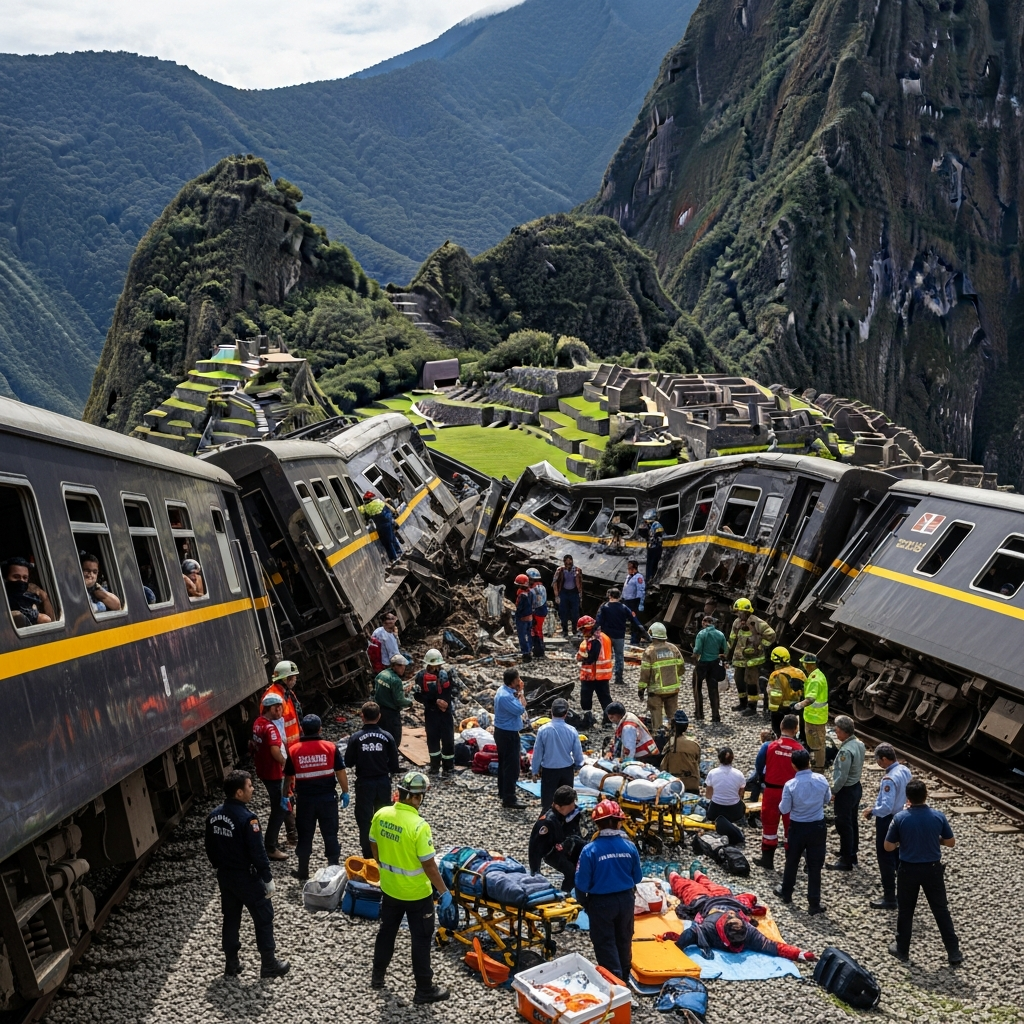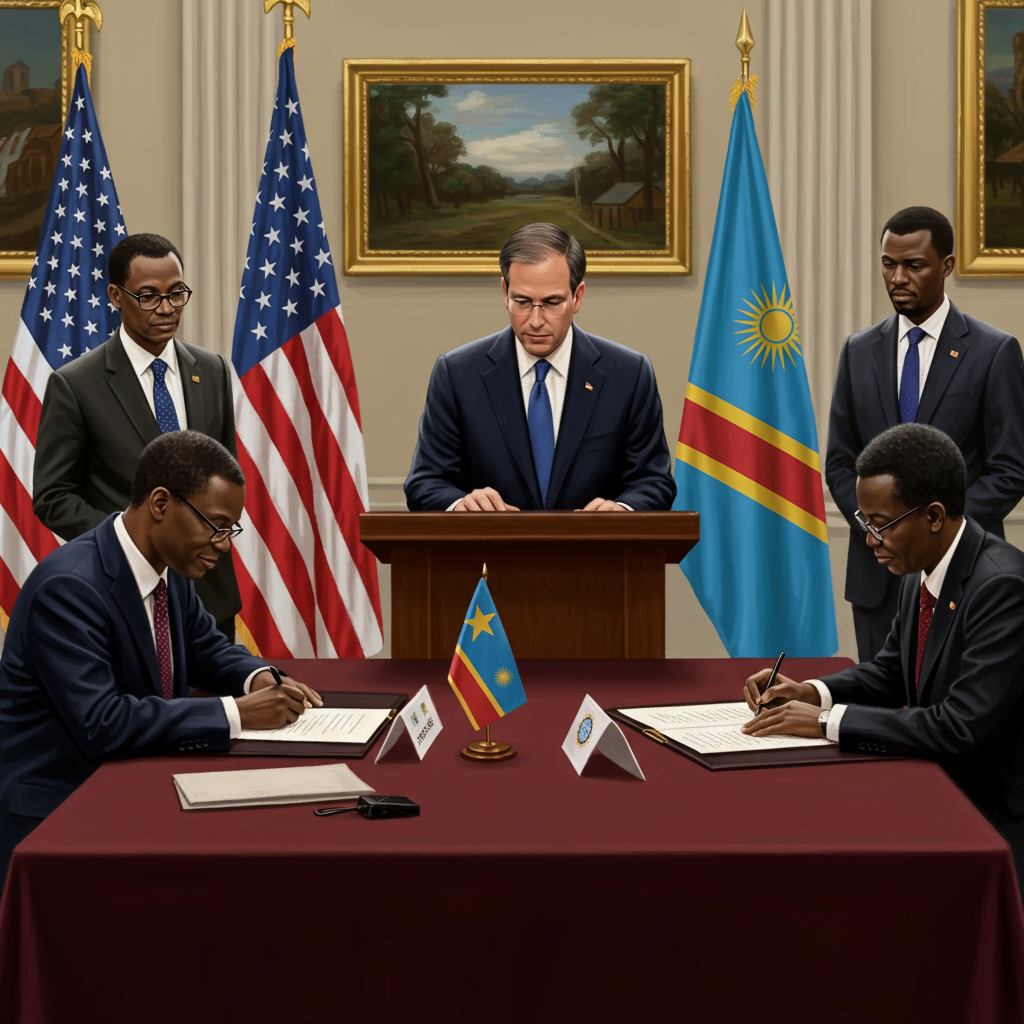The brutal August 9, 2025, shooting at the Centers for Disease Control and Prevention (CDC) headquarters in Atlanta was a tragic, undeniable wake-up call. This targeted assault claimed the life of DeKalb County police officer David Rose and left bullet holes scarring office windows, but its impact stretches far beyond the physical damage. It starkly illuminates a dangerous and escalating climate of hostility, fueled by misinformation and incendiary rhetoric, that now threatens America’s dedicated public health workforce.
Authorities believe the gunman, Patrick Joseph White, was motivated by anti-vaccine sentiments, blaming the CDC for personal health issues he controversially linked to the COVID-19 vaccine. This incident, while shocking, is not an isolated aberration. It is a chilling symptom of a deeply eroded public trust in science and the professionals committed to safeguarding our collective well-being.
The Atlanta Tragedy: A Public Health Crisis Unfolding
The attack sent shockwaves through the CDC, a vital institution responsible for protecting global health. During an internal call the day after the shooting, CDC Director Dr. Susan Monarez acknowledged the campus had reopened but revealed a “full security assessment” was underway. Despite assurances of a robust initial response, some employees felt like “sitting ducks,” expressing a harrowing sense of vulnerability that highlighted a concerning disconnect between leadership and frontline experience.
This tragedy brings into sharp focus the severe psychological and physical toll on public health workers. Already demoralized by budget and staffing cuts, many felt abandoned when Health and Human Services Secretary Robert F. Kennedy Jr. took over 18 hours to issue a public condemnation of the violence. His delayed and tepid response, coupled with his own record of inflammatory claims against scientific consensus, deepened feelings of betrayal among America’s public health heroes.
The Dangers of Disinformation from High Office
The delayed and understated response from Secretary Kennedy is particularly alarming given his documented history of undermining public health. He has made headlines for announcing the defunding of mRNA vaccine research, falsely claiming these vaccines are inherently dangerous. Such statements do more than mislead; they actively endanger lives by eroding public confidence in rigorously developed scientific tools. When influential leaders dismiss decades of scientific work, they embolden those already primed to view health professionals not as protectors, but as enemies.
This pattern extends beyond Kennedy. Florida Surgeon General Dr. Joseph Ladapo, for instance, has repeatedly called for a halt to mRNA vaccine recommendations based on debunked claims about “nucleic acid contaminants” and “DNA integration.” Federal health officials, including the FDA, have unequivocally refuted these claims as “implausible” and “misleading,” emphasizing the vaccines’ proven safety and efficacy and the biological impossibility of mRNA integrating into human DNA. Yet, these high-profile pronouncements from public officials continue to sow widespread distrust and confusion among the public, making the work of public health agencies increasingly fraught.
A Disturbing Pattern of Violence Against Public Health Professionals
The shooting at CDC headquarters is part of a deeply disturbing, accelerating trend of violence against healthcare workers across the nation. In February 2025, a shooting at UPMC Memorial Hospital in York, Pennsylvania, also resulted in the death of a police officer and injuries to multiple healthcare workers. The American Nurses Association reports that a staggering one in four nurses experiences workplace violence – a rate that surpasses those for law enforcement or correctional officers.
In December 2024, UnitedHealthcare CEO Brian Thompson was murdered, an act disturbingly followed by a flood of online vitriol framing the violence as “justified outrage” against the healthcare system. These incidents are not merely random acts of aggression. They are connected by a pervasive, hostile narrative fostered by influential voices, including Secretary Kennedy and his supporters, who routinely portray health professionals as corrupt, untrustworthy, or malicious. They have been branded “grifters,” “enemies of the people,” and worse.
The Erosion of Public Trust and Its Consequences
This climate of hostility has been building for years, particularly around vaccines and COVID-19 mitigation measures. An internal FDA official, Vinay Prasad, handpicked by Kennedy, articulated this venomous sentiment directly: “I don’t believe in forgiveness because in my opinion these pieces of shit are still lying.” Such dehumanizing language from senior public officials does not merely reflect frustration; it actively fuels a culture of antagonism that can instigate real-world violence.
The consequences of this erosion of trust are dire. The 2019 measles outbreak in Samoa, where 83 people, mostly children, died after vaccination rates plummeted, stands as a stark historical example. RFK Jr.’s messaging during that crisis was widely criticized by health experts, with Samoa’s top health official condemning his assertions as a “complete lie” that further fueled public distrust in immunization. This history demonstrates that when influential figures amplify falsehoods, they legitimize the anger that can spill into violence, endangering lives and communities.
Reclaiming Public Health: Essential Steps for Protection
The current situation demands urgent, decisive action. Public health professionals, from CDC scientists to local health officials, face harassment, threats, and now gunfire for simply doing their jobs. This is unacceptable, yet the administration has offered a late and lukewarm condemnation, failing to address the rhetoric fueling this danger. To reverse this alarming trend and protect our public health heroes, several critical steps must be taken:
1. Leadership Must Speak Up Forcefully
Political and health leaders must unequivocally condemn rhetoric that vilifies public health professionals. Public trust begins when leaders affirm the value of science-based public health and the dedicated individuals behind it. Silence, or worse, complicity, only deepens the divide and emboldens aggressors.
2. End the Scapegoating
Leaders must stop misdirecting public frustration about complex systemic health challenges toward individual health professionals who are striving to find solutions. Demonizing doctors, scientists, and public health agencies fuels violence and delays the very solutions we desperately need. Instead, focus should be on addressing the root causes of health inequities and system inefficiencies.
3. Protect Healthcare Workers with Legislation
Congress should immediately pass the Workplace Violence Prevention for Health Care and Social Service Workers Act. This crucial legislation would mandate comprehensive violence prevention plans in healthcare settings, including improved training, robust incident tracking, and vital protections for workers who are on the front lines of public safety.
4. Fund Proven Solutions, Not Empty Slogans
In 2024, then-Surgeon General Vivek Murthy declared gun violence a public health emergency, citing over 48,000 gun-related deaths in 2022. Whether or not one agrees with this classification, the numbers and increasingly targeted attacks demand real action. The high and rising suicide rates among older men, for example, often involve firearms, with rates for men over 85 being 51 times higher than for women in the same age group. This highlights the lethal impact of readily available deadly means. We must fund research into evidence-based prevention strategies and comprehensive mental health support, rather than relying on simplistic “thoughts and prayers” or solely arming more individuals.
Frequently Asked Questions
What motivated the CDC shooting and what were its immediate impacts?
The August 9, 2025, shooting at the CDC headquarters in Atlanta was carried out by Patrick Joseph White, who authorities believe was motivated by anti-vaccine sentiment related to COVID-19 vaccines. The attack tragically killed DeKalb County police officer David Rose and caused physical damage to CDC buildings. Internally, the shooting left CDC employees feeling demoralized and abandoned, particularly due to a delayed public response from top health leadership, exacerbating existing concerns over staff well-being and security.
How has public trust in health agencies like the CDC been affected by recent events?
Public trust in agencies like the CDC has significantly eroded due to factors including perceived early failures (like faulty COVID-19 tests), inconsistent messaging, and politicization of scientific guidance. This erosion has made health agencies vulnerable to political attacks and misinformation campaigns. High-profile figures making false claims about vaccine safety, coupled with a lack of strong leadership support, have deepened public distrust, making it harder for these agencies to effectively respond to future health crises.
What concrete steps are proposed to protect public health workers and counter misinformation?
Former Surgeon General Jerome Adams outlines four critical actions: 1) Leadership must forcefully condemn rhetoric that vilifies public health professionals. 2) Leaders should stop misdirecting public frustration towards individual health professionals. 3) Congress should pass the Workplace Violence Prevention for Health Care and Social Service Workers Act. 4) There must be increased funding for research and prevention strategies for issues like gun violence, rather than relying on simplistic solutions. These steps aim to rebuild trust, protect workers, and foster a safer environment for public health.
A Call to Collective Action
Public health workers are not the enemy. They are our neighbors, our caregivers, our scientists, and our first line of defense against future health crises. The CDC shooting should serve as an urgent wake-up call – not just for policymakers, but for all of us. It is time to collectively reject the rhetoric that dehumanizes those striving to keep us safe and to take real, tangible steps to protect them. Let’s honor Officer Rose and every public health worker facing these mounting threats, not just with words, but with immediate and resolute action, before another tragedy strikes.




